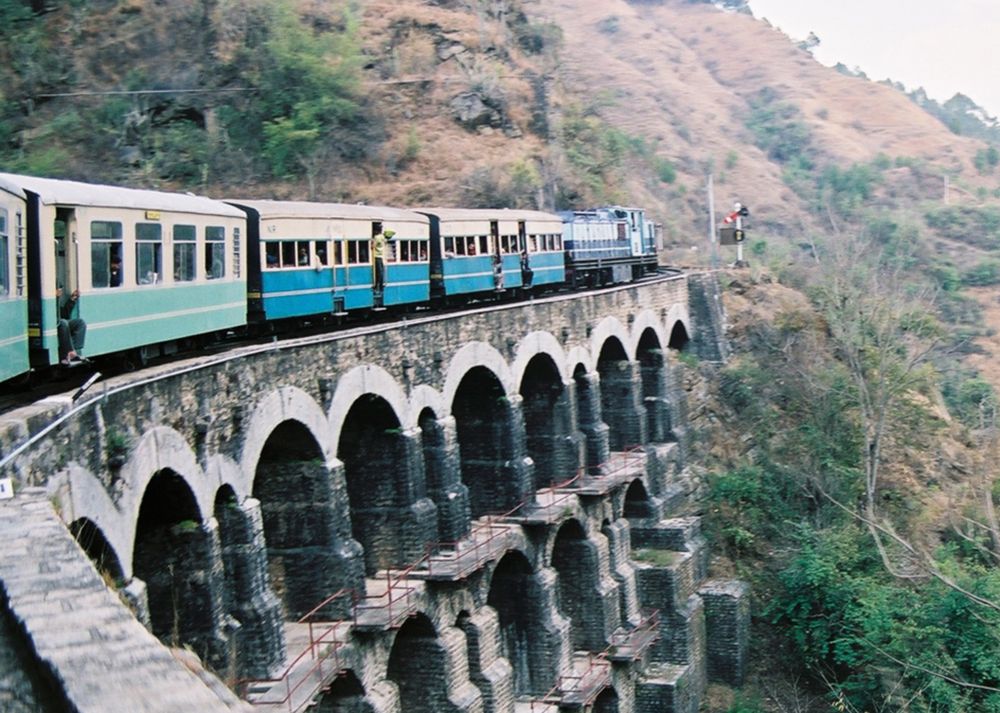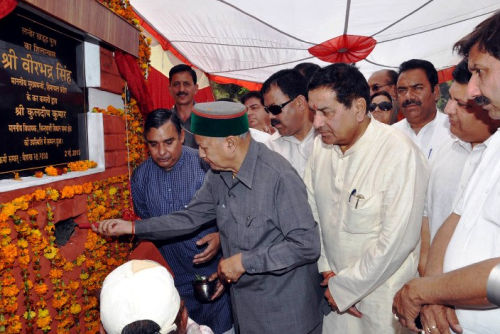Shimla: In an effort to transform the future of the Indian Railways, indigenously developed hydrogen-powered trains are likely to run on narrow-gauge (heritage) tracks as soon as the end of 2023.
The plan to introduce domestically designed and built hydrogen-propelled trains in India was announced by Railway Minister Ashiwni Vaishnaw. The project is seen as a way to help decarbonize the Indian Railways currently accommodating diesel and electricity-fuelled trains.
To pioneer this green railway movement, Northern Railways has proposed to run India’s first hydrogen train on the Kalka-Shimla narrow gauge railway track (a UNESCO World Heritage Site) by December 2023.
The proposal is likely to get sanctioned in the Railway Budget to be presented on February 1, 2023, by the Union Finance Minister.
If the proposal goes through, the Kalka-Shimla railway track will become the first in India to run a hydrogen-fuelled train.
As per the feasibility report, the hydrogen gas train will have seven coaches (probably vistadome) and the capacity to carry passengers on the narrow-gauge railway track.
The Indian Railways appears confident in meeting the December 2023 deadline it has set for itself to introduce the first hydrogen train on one of its narrow-gauge heritage routes. These trains will be modified versions of the steam engines from the 1950s and ‘60s and will be called ‘Vande Metro.’ Boasting vintage sirens, the retro-fitted trains will however run on hydrogen-propulsion engines spitting green steam vapours on the way.
According to the announcement by the railway minister, Vaishnaw, the first prototype of a hydrogen-powered train is in development at the Northern Railway workshop. The design could be ready by June, the minister assured.
In comparison to oil or electricity, Hydrogen cell fuel is cheaper and pollution-free. It is more economical and environment-friendly; thus, hydrogen trains are the most feasible emission-free alternative in the tougher heritage tracks where ‘electrification of narrow-gauge rail tracks is difficult and economically unviable.’
Hydrogen propulsion presents a feasible way to reduce the railway’s emissions to zero in the most economical way. Other Indian Railways’ heritage tracks to run hydrogen-powered trains in the foreseeable future include the Darjeeling Himalayan Railway, Kangra Valley, Matheran Hill Railway, Bilmora Waghai, Marwar-Devgarh Madriy, and Nilgiri Mountain Railway.
Source: Planet Custodian






